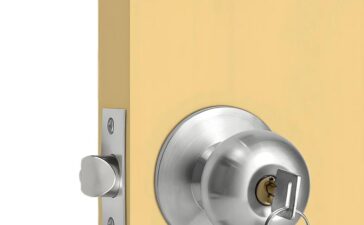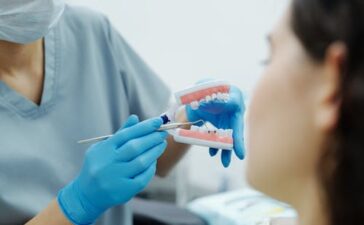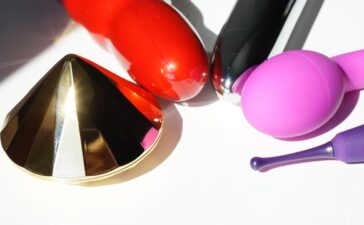There are many times that you can wear a mouthguard and the purpose of this is to safeguard your teeth and gums. Your overall oral health will be protected as a result of this. A mouthguard is seen as a protective device that can prevent injuries and dental issues.
One of the most common situations
Where a mouthguard will be used is when you are playing sports or engaged in athletic activities. Contact sports like football or even certain non-contact sports can pose a risk to your oral health because of accidents and injuries that can happen. You can visit newlambtondentalcare.com.au to see how you can make an appointment to get a custom mouthguard done. A custom mouthguard is recommended for those engaged in contact sports as there is a high risk of dental injuries and facial trauma in these situations. Some examples of these sports are wrestling, boxing and hockey. A custom mouthguard will fit snugly without any issues so you will be more comfortable wearing it. The mouthguard will protect your teeth from potential impacts and it will greatly reduce the risk of trauma to the teeth.
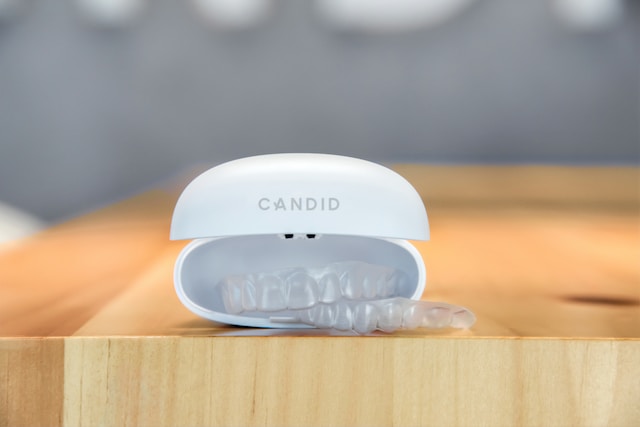
There are some people that are used to grinding teeth in their sleep.
This is called bruxism. There are many dental issues that can arise as a result of teeth grinding such as wearing your tooth enamel down and having cracked teeth. You can also experience jaw pain and headaches because of this. You can use a mouthguard called a night guard in this situation and you can wear it to sleep so that the upper and lower teeth don’t come into direct contact. This will reduce the damage caused due to bruxism. There are also certain recreational activities that come with a risk of accidents especially to your face. Some examples are rollerblading, biking and skateboarding. There can be collisions or falls that can cause dental injuries. This can result in a knocked out tooth or a chipped tooth. A mouthguard can protect your teeth when you are engaged in these activities.
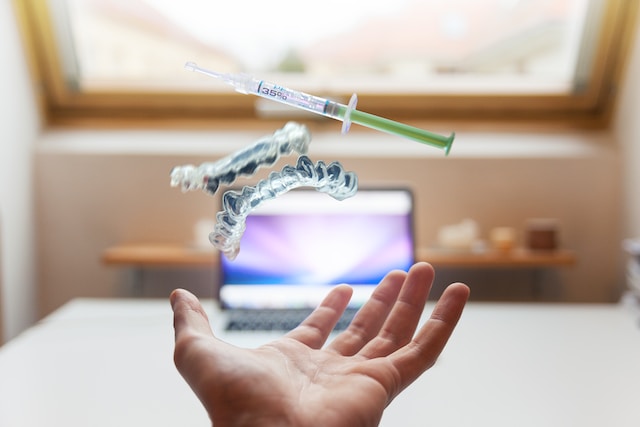
If you are undergoing orthodontic treatment
Where you have to wear a dental appliance such as braces, you can use a mouthguard to protect the soft tissues of the mouth and the braces. There can be many abrasions and cuts on the cheek, tongue and lips from braces especially if you happen to be in an accident. You can use an orthodontic mouthguard if you are engaged in the activities mentioned above while wearing braces. This will give you some additional protection. Make sure to discuss this with your orthodontist so that you can choose the right mouthguard for this. There are certain sleep related issues that can be addressed by using mouthguards such as snoring. This is also used to address mild obstructive sleep apnoea in certain situations. The mouthguard will reposition the tongue and jaw in such a way that your airway is kept open when you are sleeping. You can discuss with your dentist and a sleep specialist regarding this so that the right mouthguard can be selected for your condition.







